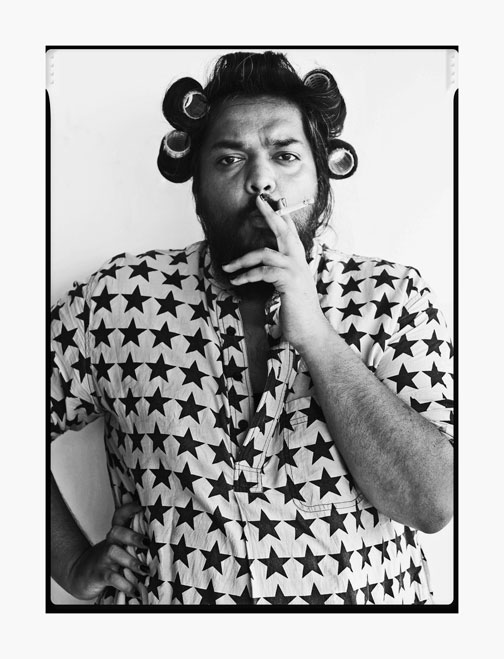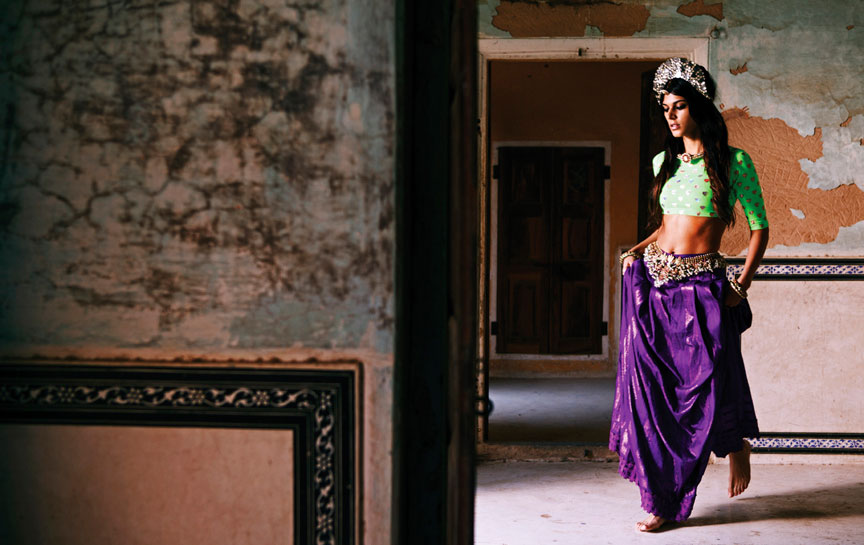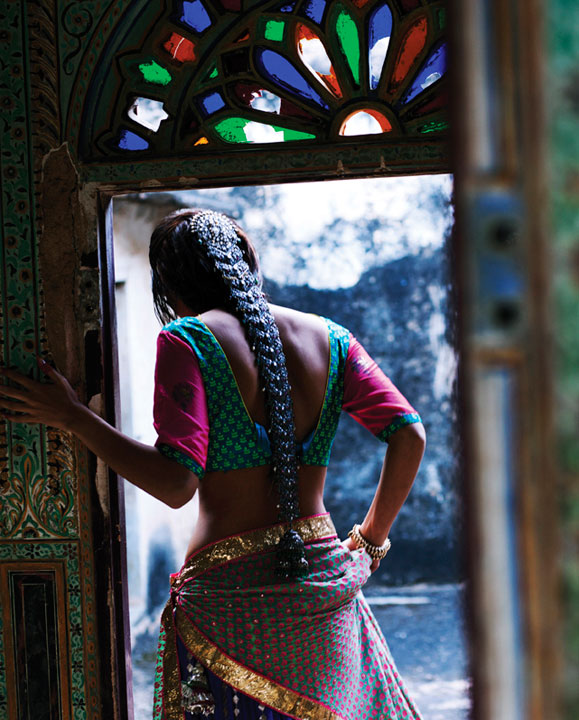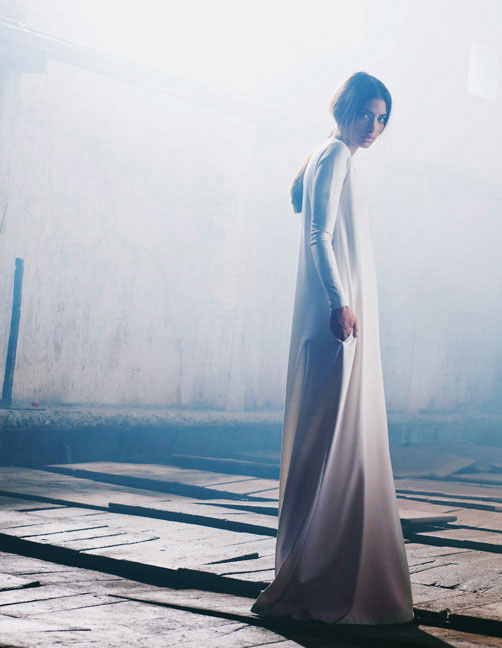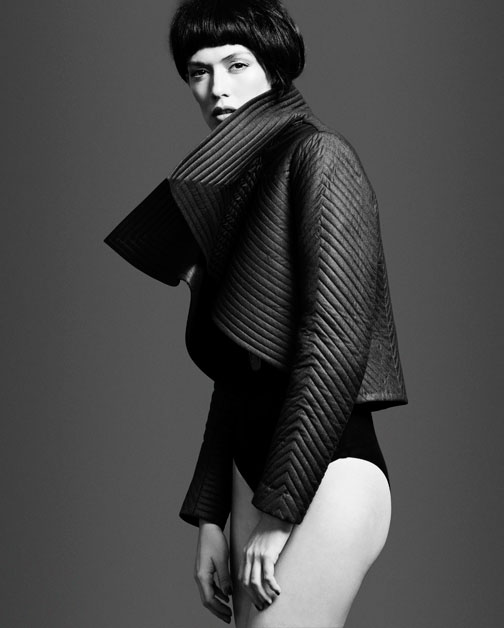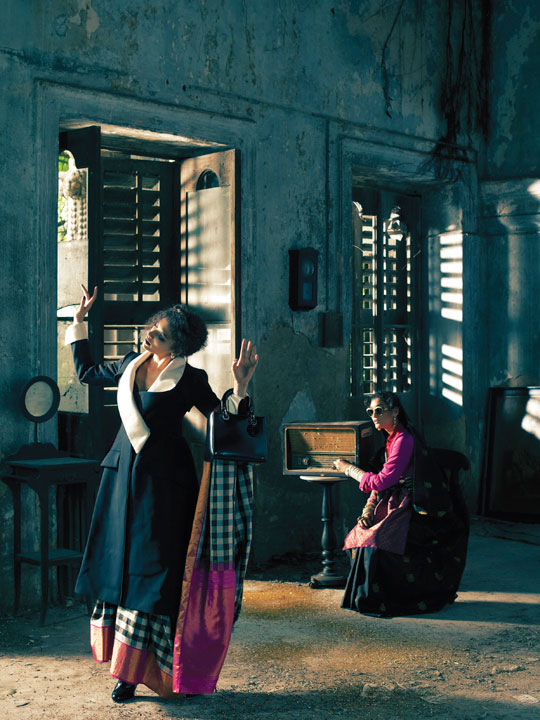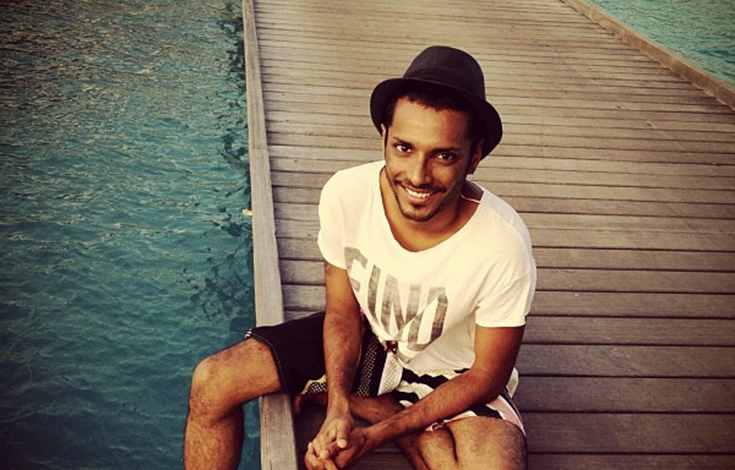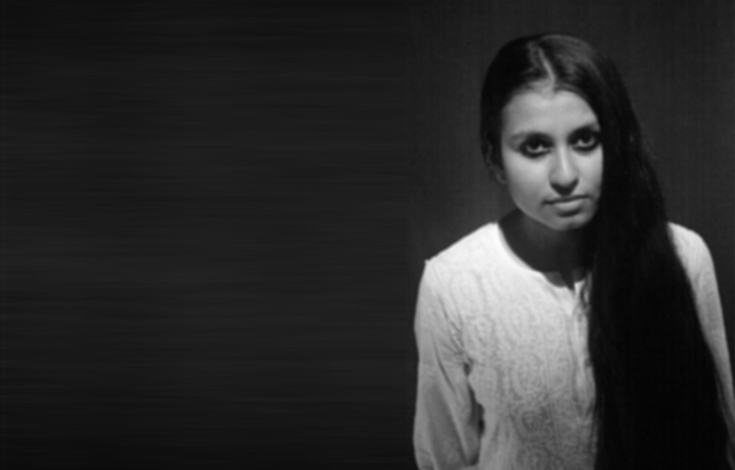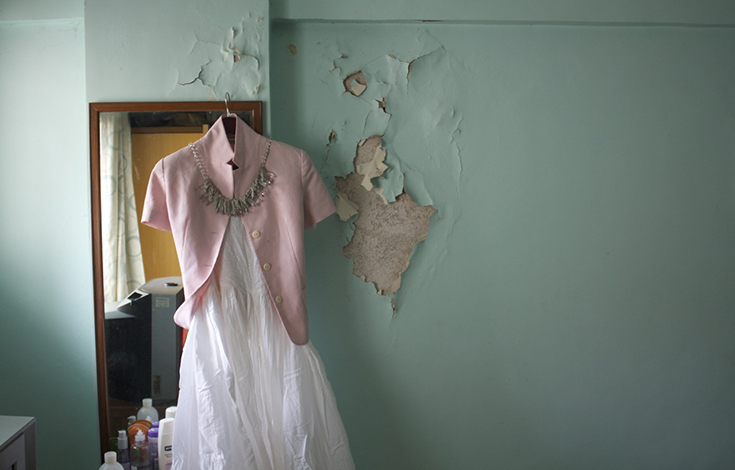The Beginning I’m from Kolkata. I didn’t quite know what I wanted to do after school and like most people, I was confused. I vaguely knew I had a creative bent of mind, but didn’t quite know what to do with it. English Literature (being something I always enjoyed in school, and about the only thing I was halfway good at) seemed a good option at the time – at least until I figured out a way to explore my creative side in a more focused manner. So, after finishing my Bachelors degree in English Literature from St Xaviers College, I applied to The Srishti School of Art, Design and Technology in Bangalore. My only problem was that I couldn’t draw, though I needed to put together something vaguely creative for my portfolio review. This is when I chanced upon my grandfather’s antique Minolta Rangefinder camera but I couldn’t tell my elbow from my ISO! I taught myself the basic technical stuff and went out and started taking pictures of just about anything. I didn’t get off to a great start – since the camera did not have a functioning in-built light meter, I was estimating the camera settings and my first ever roll of film came back with three frames somewhat correctly exposed. The rest were all ominously black… not very promising. It was utterly and purely by chance that after a while I discovered that, not only was I having fun doing this but it seemed (or I was told) that I had an eye for it as well. It just took off from there and carried on as a hobby all through design school.
Picking up the camera and taking pictures never felt like a task and it was always – and continues to be – so much fun.
Halfway through Srishti I knew I wanted to become a photographer. This decision lead me to intern with New Delhi-based advertising photographer Pradeep Dasgupta during my third year in Srishti. After graduating from Srishti in 2007, I moved to Mumbai in early 2008. After spending the first few months assisting Farrokh Chothia, I started out on my own as a freelancer. People usually spend at least a year or two assisting, learning the ropes and establishing industry contacts but I was itching to get out there and start working. I consciously decided that I’d teach myself the proverbial ‘ropes’ and figure things out for myself as I went along. I knew I was probably adding an additional two years to the struggling period of paying dues, but I have no regrets.
Why black & white? During my design school days film was quite prevalent and I was still using a film camera. My skills were honed shooting primarily on black and white film – any sort of black and white film I could get my hands on – the good, the bad, the cheap and the expired! In a way, I trained my eye to see in monochrome and over time it has become a medium that I not only love but also, I suppose, understand more intricately. Also, black and white as a medium, especially in portraiture, sort of strips away any distractions and brings the attention of the viewer straight to the face.
For me, the eyes always come first. I think the eyes say so much – if the gaze is correct – the picture usually works. And the face, with a bit of poking, prodding and provoking, always reveals something interesting. There is always this exchange of energy that I seem to thrive on. With human subjects it is usually an interpretation — your interpretation of your subject, that makes for an interesting image. Flattering or otherwise.
Moment I was shooting a fashion story for Marie Claire India, and our chosen location was the Salt Pans in the Rann of Kutch. In my photography, I’ve never been very big on or awestruck by nature – I’ve always been drawn to people and faces. But this was something else. Even standing on a beautiful pristine beach, looking at the ocean, you’re always on one side looking outwards. But here, you enter the Salt Pans and suddenly out of the blue, you’re bang in the middle of this white desert with a 360-degree view of it all. It literally stopped me in my tracks and inspiration was almost instantaneous. Suffice it to say, that was a pretty good shoot.
You should always take your work very seriously, but don’t take yourself too seriously.
People Prabuddha Dasgupta, Peter Lindbergh, Richard Avedon, David Bailey, Lucian Freud, Darius Khondji, Woody Allen and Christopher Doyle to name a few. Digital References models.com, nowness.com, theselby.com, thequietfront.com, lens.blogs.nytimes.com Work Freelance Photographer 2009- Current. Photo essays and Portrait stories for Elle India; Fashion editorials for Marie Claire India, Grazia, MW, Harper’s Bazaar, Harper’s Bazaar Bride; Portraits for GQ and Vogue India, Rolling Stone Campaign Arrow New York S/S ’14, Label Ritu Kumar S/S ’13 and S/S ’14 Lookbook for Bungalow Eight, Payal Khandwala
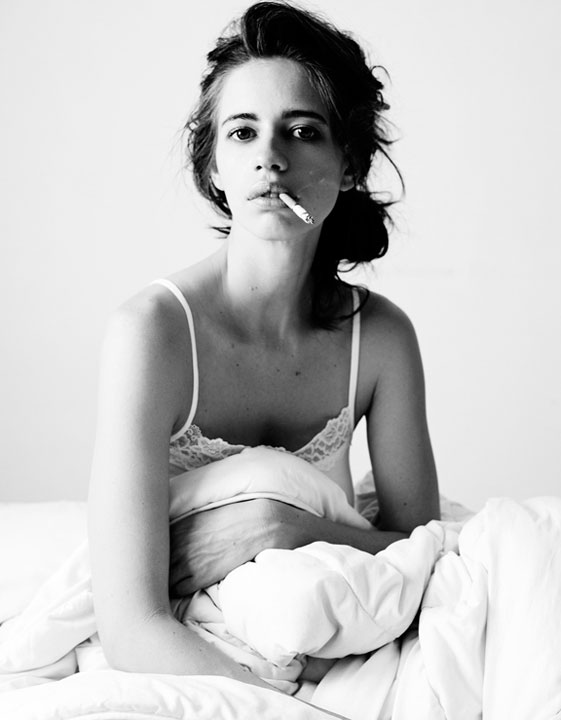 Above: Kalki Koechlin source | Man’s World India
Above: Kalki Koechlin source | Man’s World India
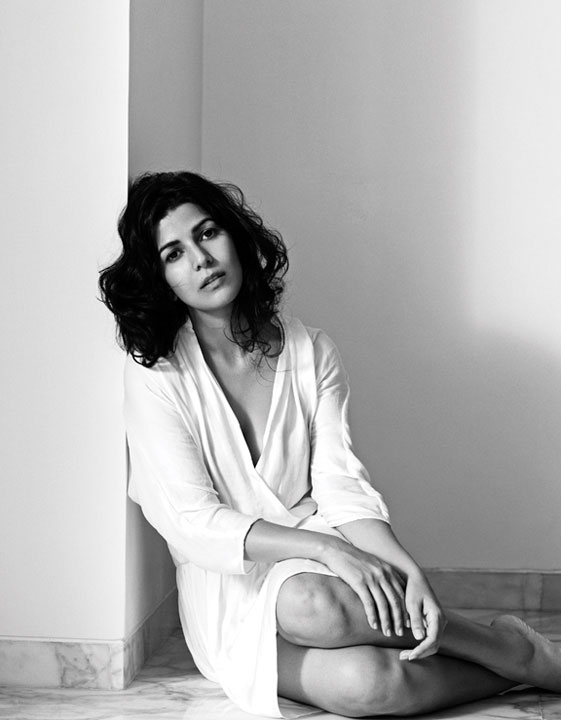 Above: Nimrat Kaur source | Man’s World India
Above: Nimrat Kaur source | Man’s World India
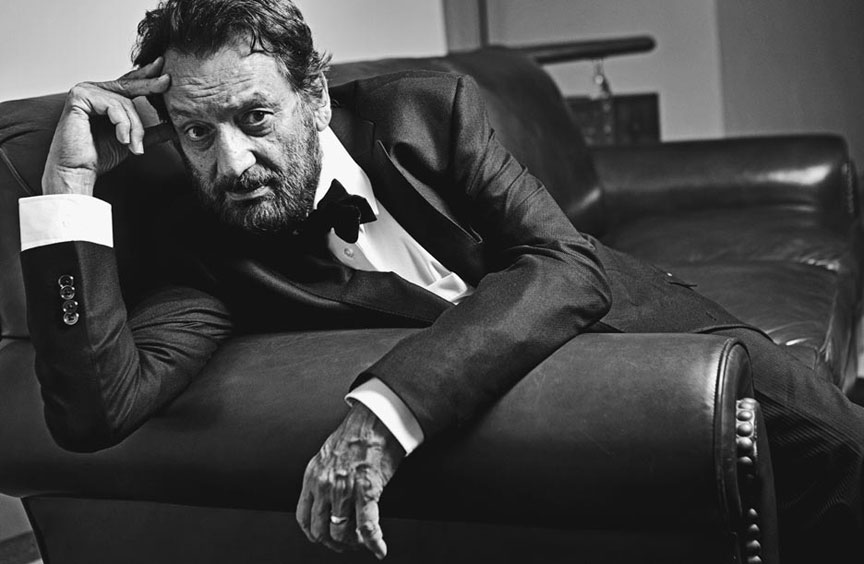 Above: Shekhar Kapur source | GQ India
Above: Shekhar Kapur source | GQ India
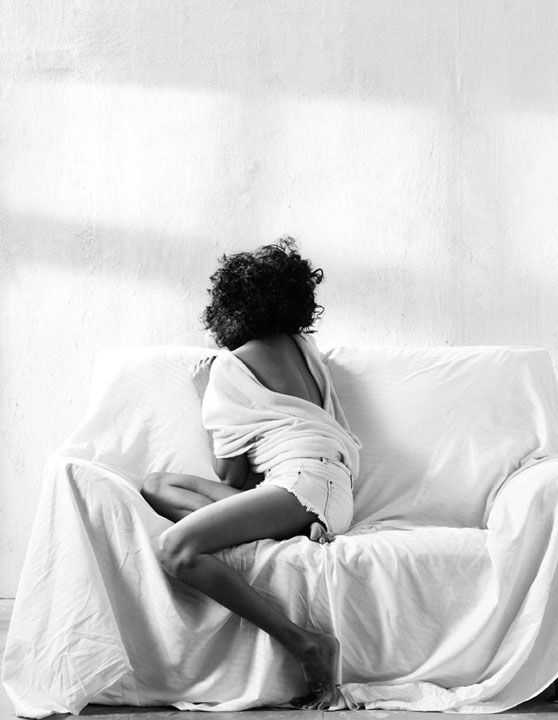 Above: Poorna Jagannathan source | Man’s World India
Above: Poorna Jagannathan source | Man’s World India
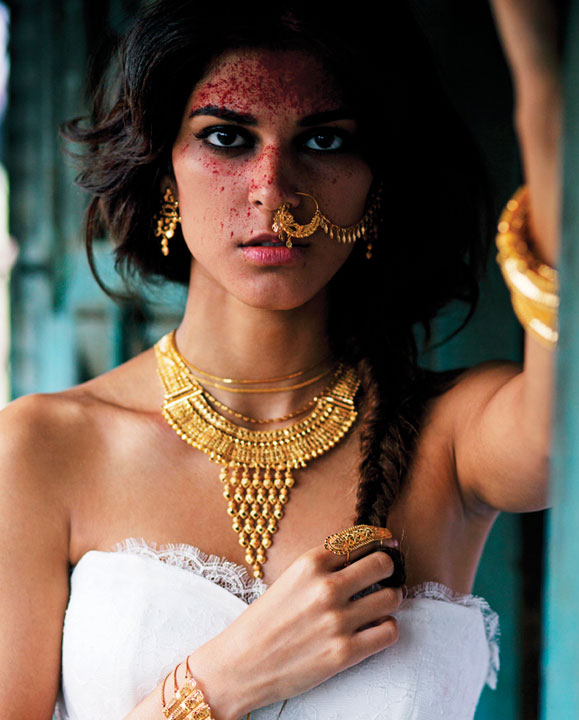 Above: stylist | Deeksha Nanda source | Harpers Bazaar Bride India
Above: stylist | Deeksha Nanda source | Harpers Bazaar Bride India
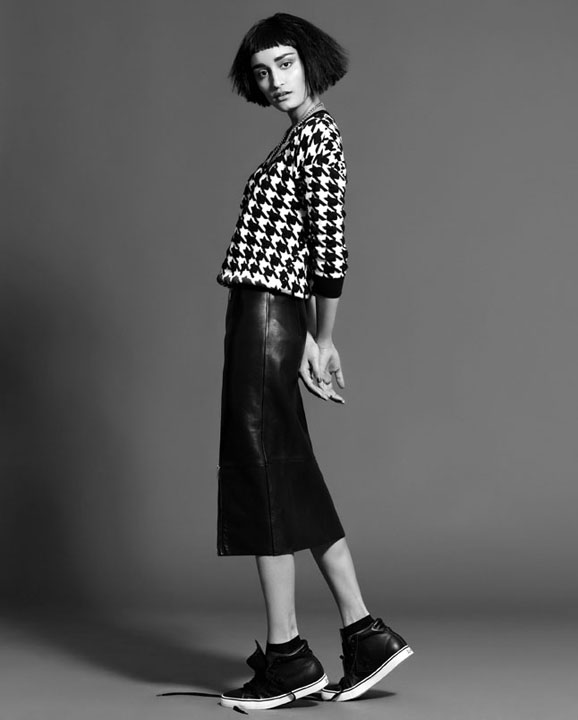 Above: stylist | Pasham Alwani source | Grazia India
Above: stylist | Pasham Alwani source | Grazia India
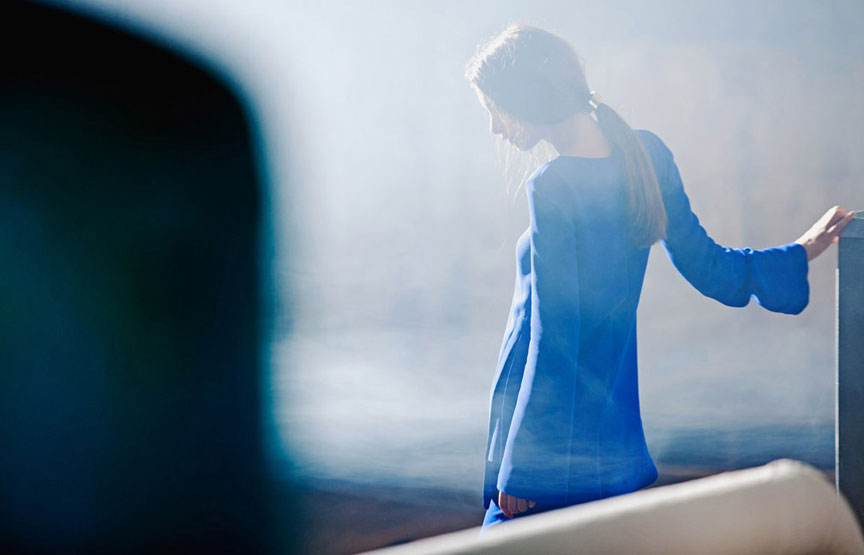 Above: stylist | Nidhi Jacob source | Marie Claire
Above: stylist | Nidhi Jacob source | Marie Claire
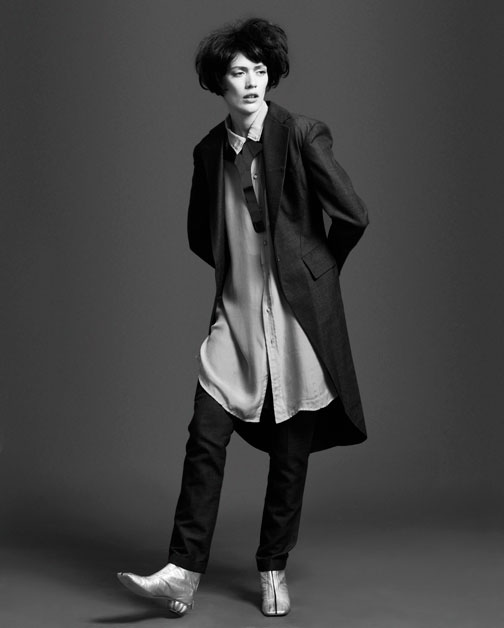 Above: stylist | Tania Fadte source | Grazia India
Above: stylist | Tania Fadte source | Grazia India
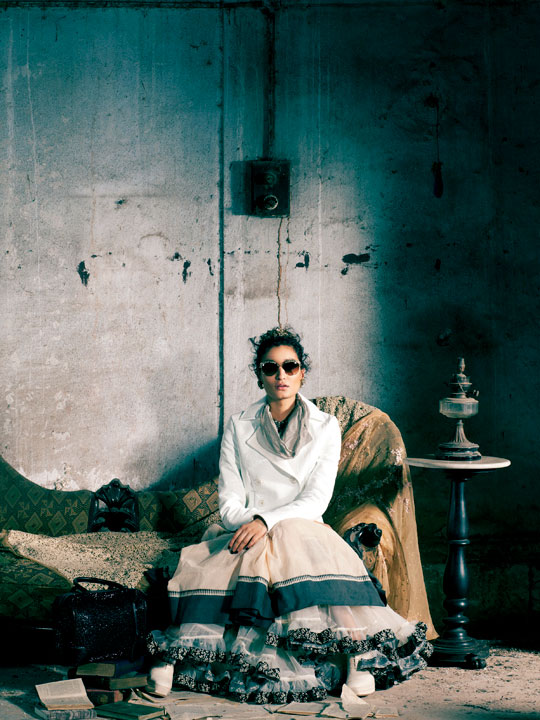 Above & Header image: stylist | Sabyasachi Mukherjee source: Harpers Bazaar India
Above & Header image: stylist | Sabyasachi Mukherjee source: Harpers Bazaar India


